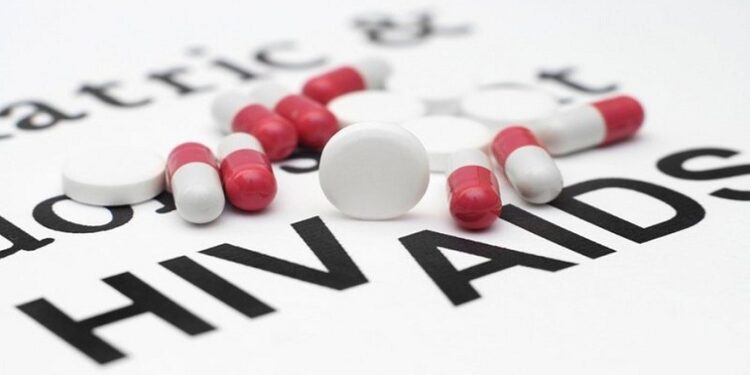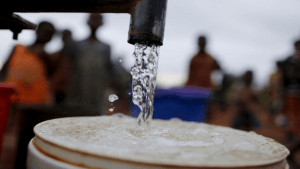South African policies and programs designed to mitigate the spread of HIV are enormously remarkable, but citizen participation is what delays their achievements.
This is according to the South African National Aids Council (SANAC), which held its plenary meeting at Rustenburg in the North West.
South Africa is a country with the highest HIV prevalence in the world. According to SANAC, more than seven million people in the country are living with HIV.
SANAC says the majority of sexual assault victims only report to health facilities after 72 hours, limiting their chance of accessing PrEP on time to prevent getting infected.
“We are seeing that rape is increasingly a cause of HIV zero conversion in women but the sad thing when you look at the long blue, it shows new sexual assault at health facilities, but the orange showed the ones that used prep became negative. People are coming to health facilities, but they are coming after the 72 hours, where they can get exposure because you come within a certain period to make sure that you’re protected from converting,” says Chief Executive Officer of SANAC Doctor Thembisile Xulu.
Related video, Professor Salim Abdool Karim speaks about possible HIV cure using stem cell transplant
Meanwhile, the South African National Aids Council, says the National Strategic plan for HIV, TB and STI’s, for the period, 2023 to 2028 is almost complete.
This is as the current 2017-2022 National Strategic Plan is nearing an end.
The Deputy President, David Mabuza, is the Chairperson of SANAC. He says SANAC has made significant progress.
“We are happy to report that SANAC has made significant progress in the process of developing the new national strategic plan. Provincial consultations are nearly completed with just one province left, which is the Northern Cape.
The entire civil society sector will also be having their national strategic plan engagement. For an example, the disability sector and other key and vulnerable populations,” says Mabuza.






